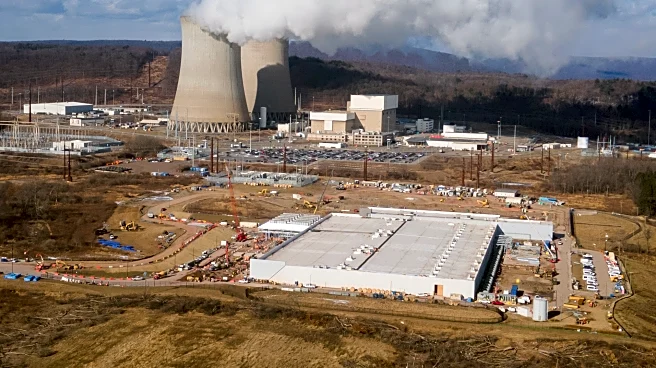Rapid Read • 8 min read
Aize has developed a contextual digital twin aimed at improving efficiency in FPSO operations. This digital twin integrates 3D spatial models, engineering data, and document repositories to provide a unified view of the asset, facilitating easier access to information for engineers and planners. The system is designed to reduce the time engineers spend searching for data, thereby enhancing operational efficiency and reducing risk. The contextual digital twin allows remote teams to collaborate effectively, mirroring the physical environment of the FPSO and enabling better planning and execution readiness.
AD
The introduction of contextual digital twins in FPSO operations represents a significant advancement in digital transformation within the oil and gas industry. By streamlining data access and integration, these digital twins can reduce operational downtime and improve safety, which are critical factors in offshore operations. The ability to plan and execute tasks remotely can lead to cost savings and increased efficiency, particularly in environments where personnel and resources are limited. This technology lays the groundwork for future advancements in predictive maintenance and AI-driven decision support, potentially transforming the industry's approach to asset management.
As the industry moves towards more advanced digital solutions, the adoption of contextual digital twins could become more widespread. Operators may begin integrating live maintenance and integrity data into these systems, further enhancing their capabilities. The focus will likely shift towards improving data quality and accessibility to support future AI applications and unmanned operations. Companies may also explore additional use cases for digital twins, such as turnaround planning and remote anomaly resolution, to maximize their operational benefits.
The deployment of contextual digital twins raises important considerations regarding data privacy and security, as well as the need for workforce training to adapt to new technologies. The shift towards digital solutions may also impact employment patterns in the industry, with a potential increase in demand for digital literacy and technical skills. Long-term, this technology could drive a cultural shift towards more data-driven decision-making processes within the sector.
AD
More Stories You Might Enjoy










